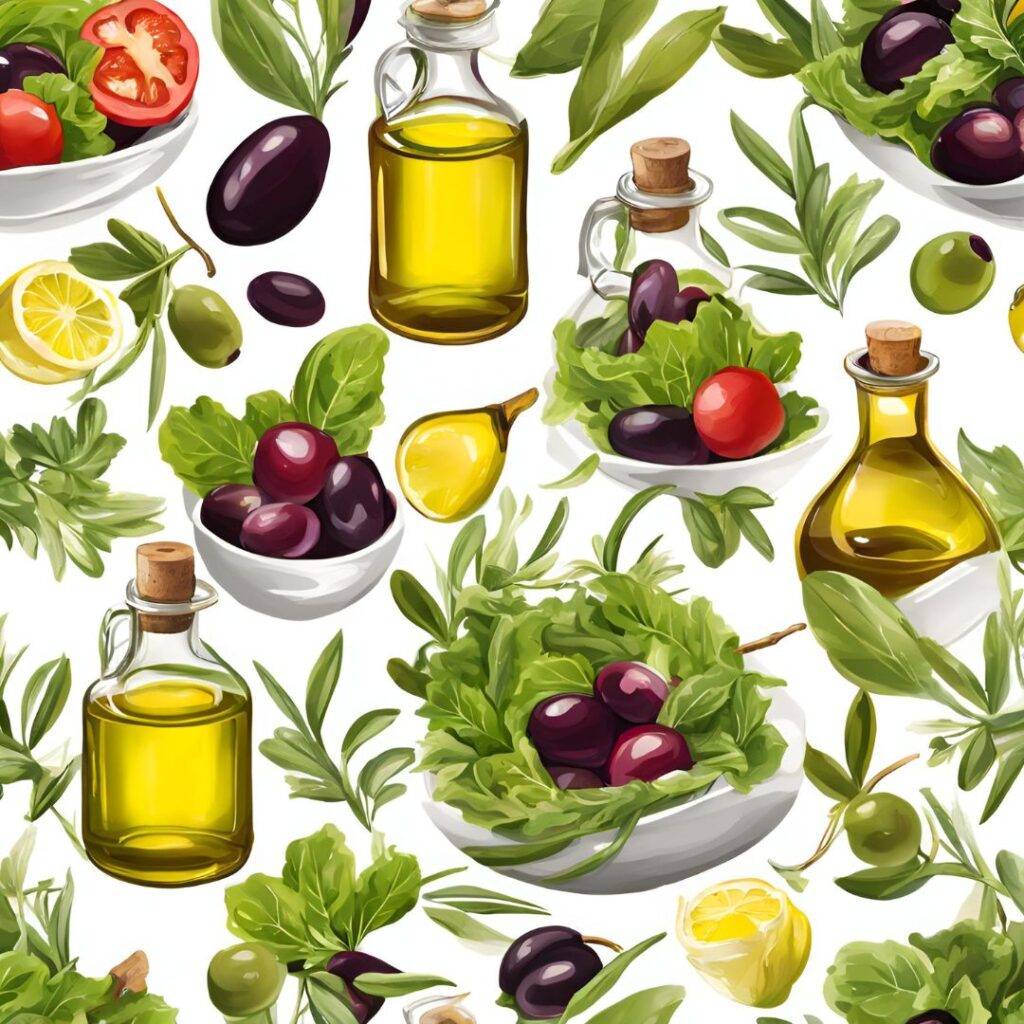
Cooking with Olive Oil: A Healthy Choice for Your Kitchen

Cooking with olive oil is a staple in every kitchen, playing a vital role in the taste, texture, and nutritional value of meals. Among the plethora of options, olive oil stands out as a healthy and versatile choice. But how does it compare to other popular cooking oils? Let’s dive into the facts to help you make informed decisions for your culinary and health needs.
Nutritional Comparison
- Heart Health
Extra virgin olive oil (EVOO) lowers bad cholesterol (LDL) and raises good cholesterol (HDL) due to its rich monounsaturated fat content. Oils like palm oil and coconut oil, which contain high levels of saturated fats, often increase cholesterol levels, posing greater risks to heart health. - Antioxidants and Vitamins
Olive oil delivers antioxidants like polyphenols and vitamins E and K, which reduce inflammation and protect cells from damage. In contrast, the refining process strips oils like canola and sunflower of much of their natural nutrients. - Omega-3 and Omega-6 Balance
Unlike soybean, corn, and sunflower oils, which contain excessive omega-6 fatty acids, olive oil maintains a more balanced fatty acid profile. This balance supports overall health and prevents inflammation.
Cooking Performance
- Smoke Point
Many people believe olive oil’s lower smoke point limits its use in cooking. However, olio extravergine d'oliva can handle most home cooking methods, including sautéing, baking, and roasting, with its smoke point ranging from 190–220°C (374–428°F). - Flavor Profile
Olive oil adds a robust flavor to dishes, enhancing the taste of salads, pasta, and marinades. Neutral oils like vegetable or canola oil may work better for recipes that require a subtle taste, but they lack the rich complexity olive oil brings.
Environmental Impact
Traditional mediterraneo olive oil production typically follows sustainable practices. This process avoids the deforestation and biodiversity loss often linked to crops like palm oil. By choosing olive oil, you support eco-friendly farming and help reduce environmental impact.
Cost Considerations
High-quality olive oil, such as extra virgin, may cost more than common vegetable oils. However, its health benefits, versatility, and lower environmental footprint justify the investment for health-conscious consumers.
Final Verdict
Oils like avocado, flaxseed, and walnut offer their own benefits, but olive oil excels as a versatile, heart-healthy, and flavorful choice. Use olive oil to enhance your meals, whether you’re cooking a quick stir-fry or drizzling it over a fresh salad.
By choosing olive oil over heavily processed alternatives, you prioritize your health and the planet.
Embrace the golden liquid of the Mediterranean and give it the spotlight it deserves. What’s your favorite way to use olive oil? Share your tips and recipes in the comments below!
This version focuses on active constructions and improves the balance between passive and active voice. Let me know if further adjustments are needed!